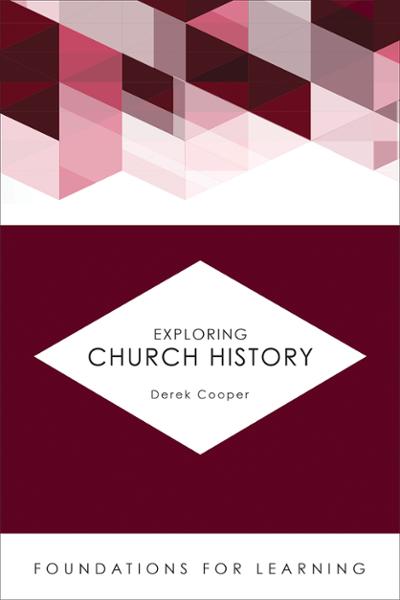Exploring Church History
Fortress Press’s Foundations for Learning series prepares students for academic success through compelling resources that kick-start their educational journey into professional Christian ministry.
In Exploring Church History, Derek Cooper invites readers to consider the purpose and significance of church history in the lives of individuals and communities today. Rather than offering an exploration of bygone eras and outdated events, Cooper brings history to life by emphasizing how past events, individuals, and movements shape how we understand the world around us.
Exploring Church History is divided into three convenient sections. While the first and second sections explain why and what we study in church history, the last section teaches readers how to study church history. The combined effect of the book is to present a clear and accessible introduction to the field of church history.
In Exploring Church History, Derek Cooper invites readers to consider the purpose and significance of church history in the lives of individuals and communities today. Rather than offering an exploration of bygone eras and outdated events, Cooper brings history to life by emphasizing how past events, individuals, and movements shape how we understand the world around us.
Exploring Church History is divided into three convenient sections. While the first and second sections explain why and what we study in church history, the last section teaches readers how to study church history. The combined effect of the book is to present a clear and accessible introduction to the field of church history.
- This item is not returnable
- Ships in 2 or more weeks
- Kindle - Nook - Google
-
Quantity discount
- # of Items Price
- 1 to 9$19.00
- 10 or more$14.25
$19.00
